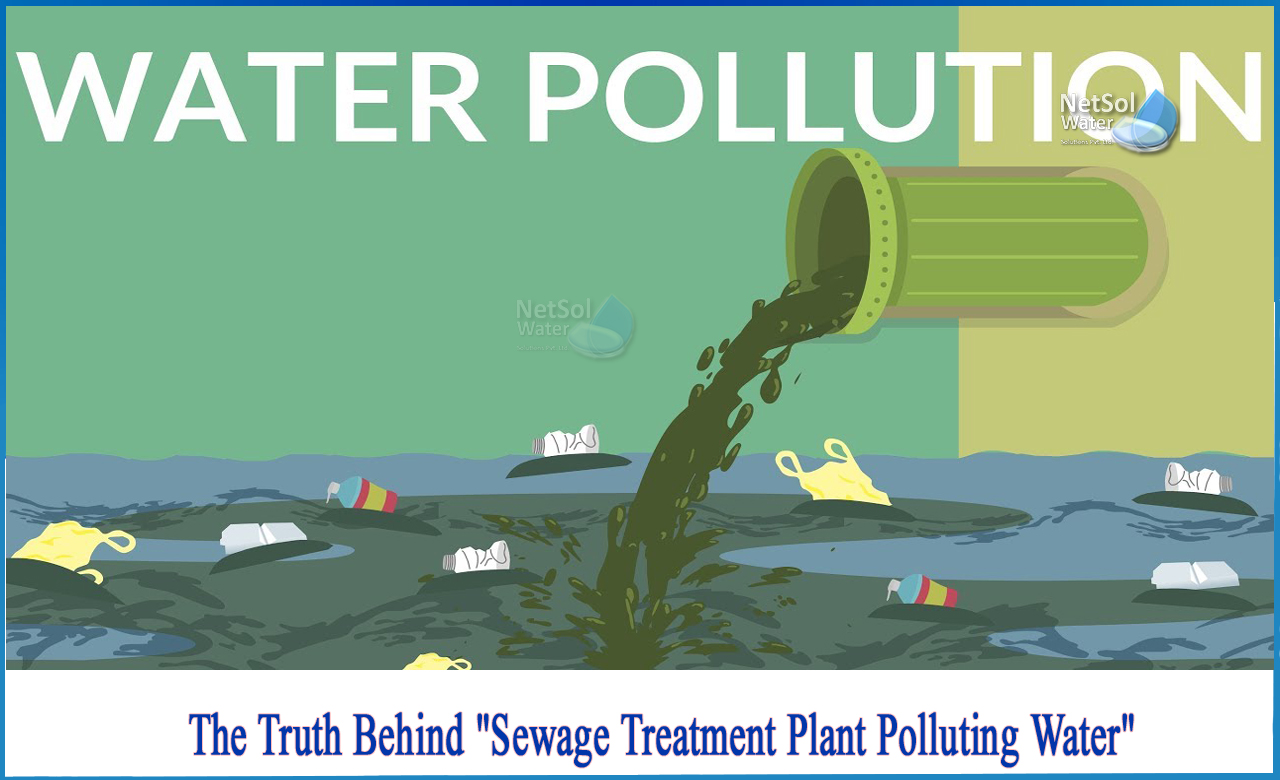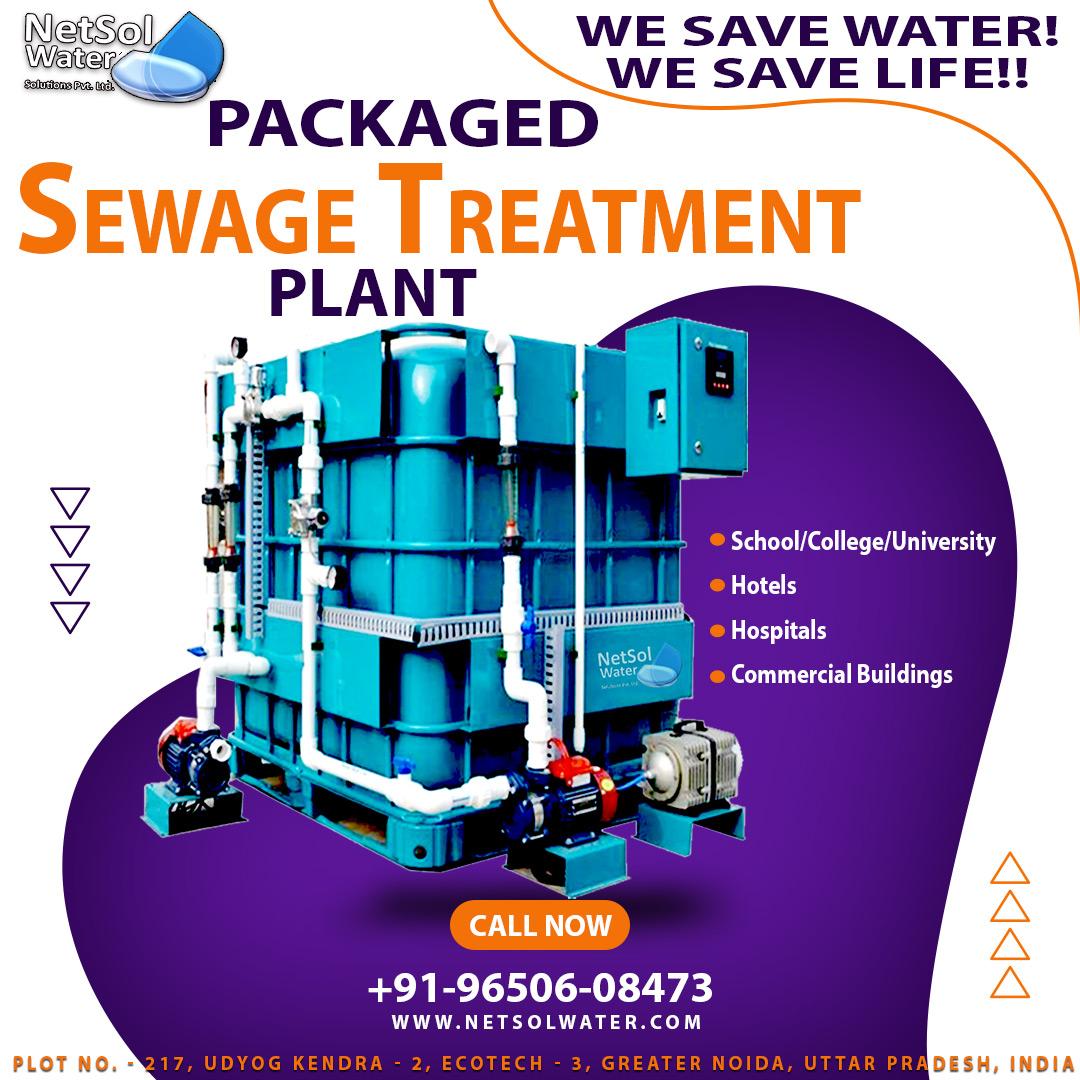Can sewage treatment plants ruin the water?
Sewage treatment plants are frequently erected where a property lacks connection to the main sewer system, such as in rural areas or on caravan parks. They provide an effective and ecologically beneficial method of disposing of wastewater without damaging nearby rivers or soil.
What really is wastewater sewer treatment?
Wastewater is any water used in the house or industry, including toilet, sink, and bathroom and kitchen drain water. Whereas a septic tank collects wastewater and must be emptied on a regular basis, a sewage treatment plant contains two chambers that process wastewater before it is safely discharged into a watercourse.
During this phase, wastewater enters the treatment plant's first chamber, where sludge and scum are removed from the water. Sludge is made up of solids, whereas scum is made up of fats and oils. A pump aerates the water once it enters the second chamber. This promotes the growth of healthy bacteria, which break down dangerous bacteria, resulting in clean water that may be discarded.
Is it ethical for a STP to discharge into a watercourse?
Any natural or man-made channel through which water flows is referred to as a watercourse. Rivers, streams, lakes, estuaries, and canals are all examples of waterways. After being processed in a sewage treatment facility, wastewater is safe to release into a watercourse without hurting the environment. If the sewage treatment facility is located on a site without convenient access to a river or other waterway, an alternate option is to discharge wastewater after processing into a ditch, where it will gradually soak into the soil. A ditch, like a watercourse, provides a method for disposing of water from a sewage treatment plant without altering the landscape where the facility is located.
A soakaway, also called as a drainage field, is a big hole or pit bordered with coarse stone or attenuation boxes. Water filters through this lining and gradually soaks into the earth. A sewage treatment facility can discharge into a soakaway, although they require a considerable amount of land and sufficient natural drainage. This implies that installing a drainage field may not always be practical, and wastewater may have to be released into a stream or a ditch instead.
Sewerage networks:
A sewerage system, also known as a wastewater collection system, is a network of pipelines, pumping stations, and appurtenances that transport sewage from its source to a point of treatment and disposal.
Integrated systems:
Combined sewers are systems that transport a combination of household and storm waste. Because of the huge amounts of storm water that must be handled during rainy weather, combined sewers are often made out of large-diameter pipes or tunnels. They are ubiquitous in older cities, although they are no longer constructed or built as part of modern sewage infrastructure. Because wastewater treatment plants cannot manage significant amounts of storm water, sewage must be released straight into receiving water during wet weather. These combined sewer overflows, which contain untreated home sewage, produce repeated water pollution issues and are extremely bothersome pollution sources.
Distinctive system:
New wastewater collecting facilities are built as separate systems that can handle either household or storm sewage but not both. Storm sewers are often used to transport surface runoff to a point of disposal in a stream or river. Small detention basins can be created as part of the system to temporarily store rainwater and reduce the size of the peak flow rate. In contrast, sanitary sewers transport household wastewater to a sewage treatment plant. Pre-treated industrial wastewater is permitted to enter municipal sanitary sewerage systems, while storm water is not.
Conclusion:
The final stage before discharging sewage effluent into a body of surface water at all levels of wastewater treatment is disinfection, which removes any leftover pathogens in the effluent and safeguards public health. In most cases, disinfection is achieved by mixing the effluent with chlorine gas or liquid hypochlorite chemical solutions in a contact tank for at least 15 minutes. Because leftover chlorine in the effluent may be harmful to aquatic life, an extra chemical may be added to de-chlorinate the effluent. As a wastewater disinfectant, ultraviolet light, which disinfects without leaving any residue in the effluent, is becoming increasingly competitive with chlorine.
Considering all these factors, it can be easily figured out that sewage plants dispose of waste according to environmental rules and regulations with proper treatment procedures followed.




